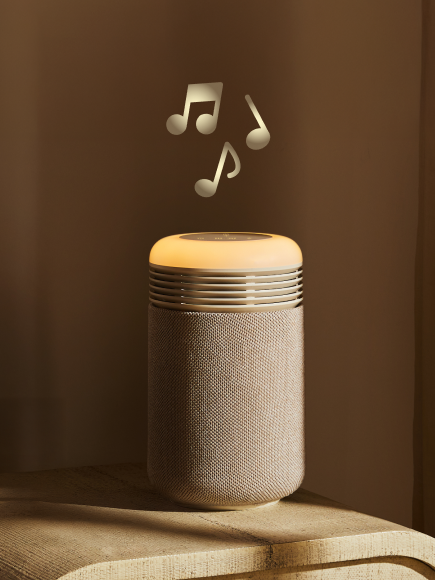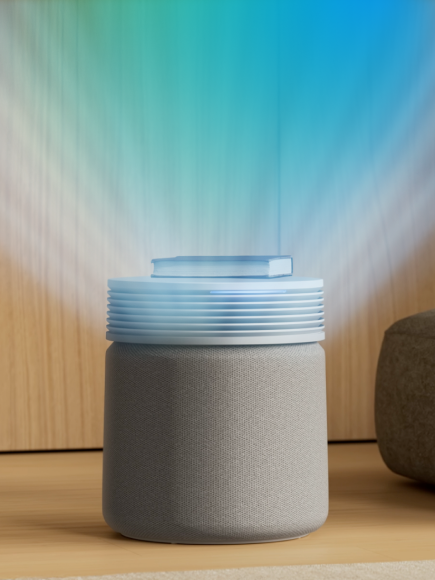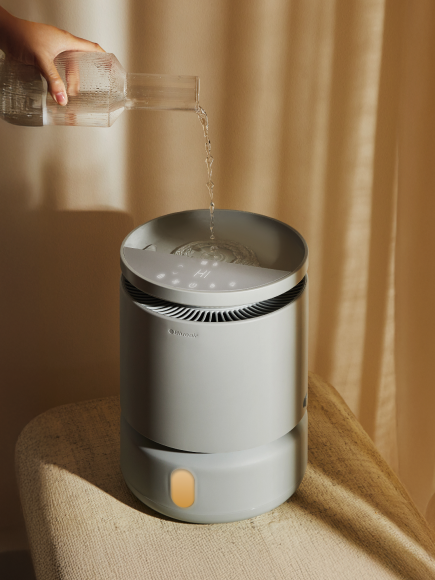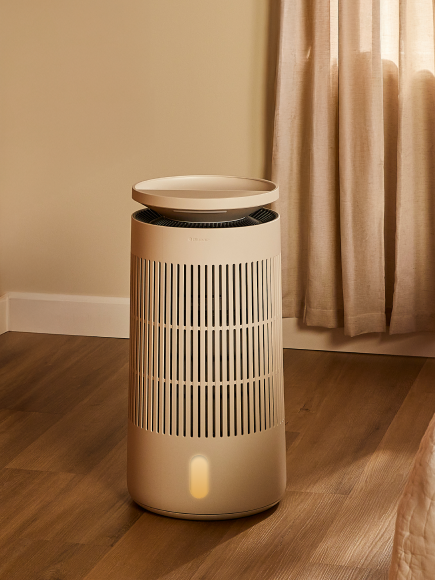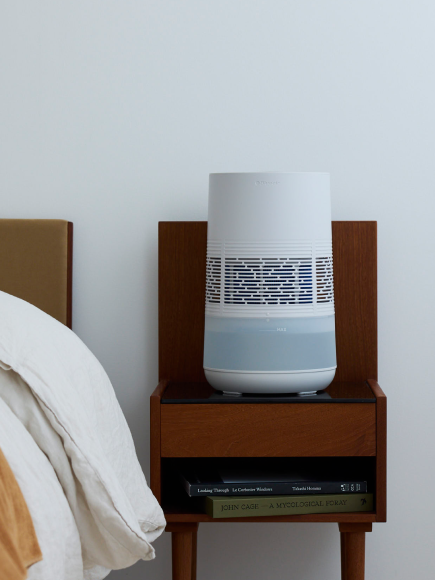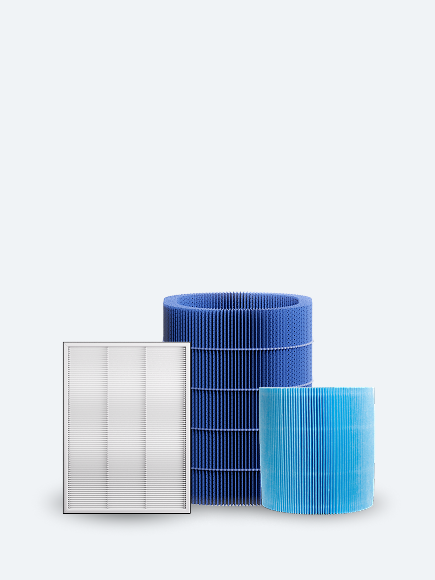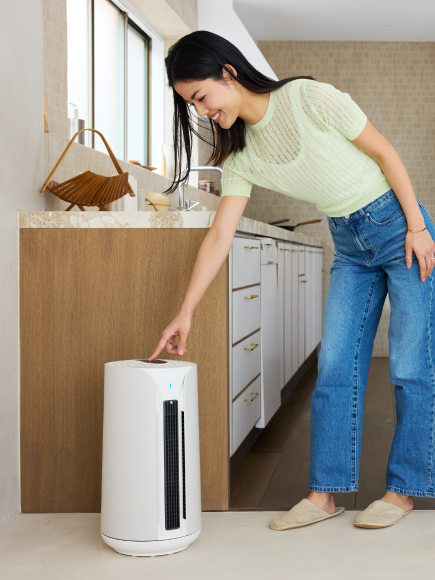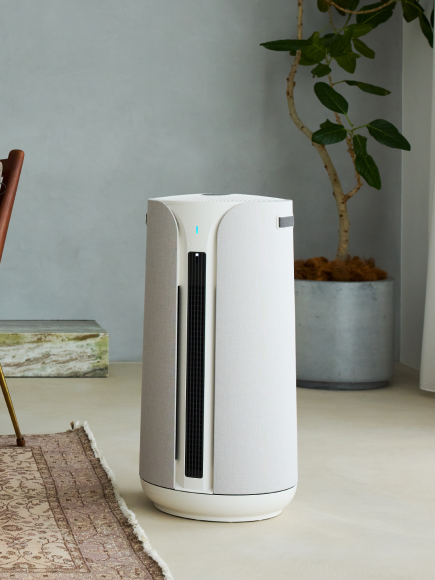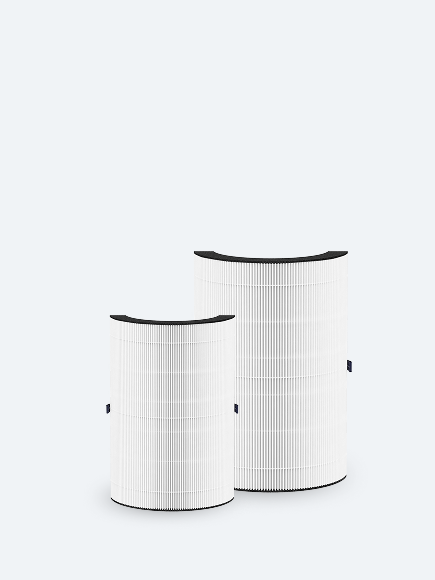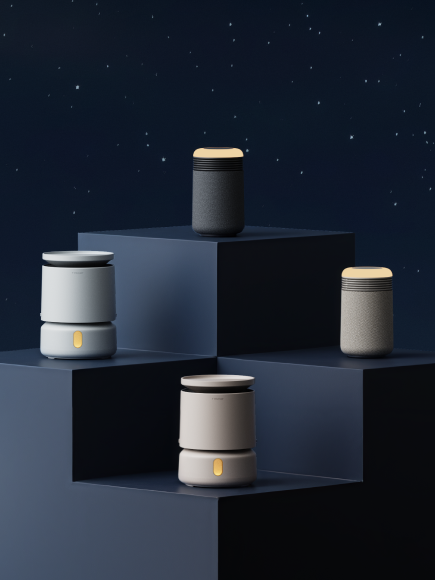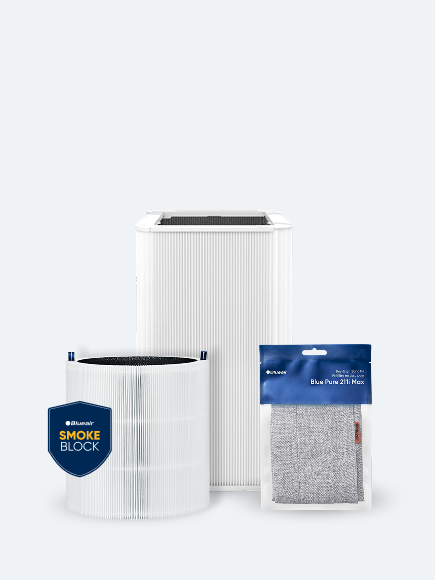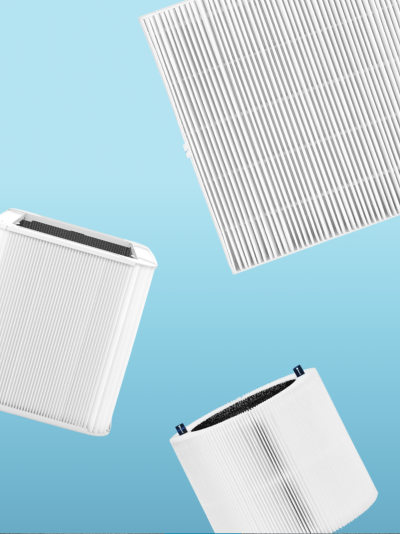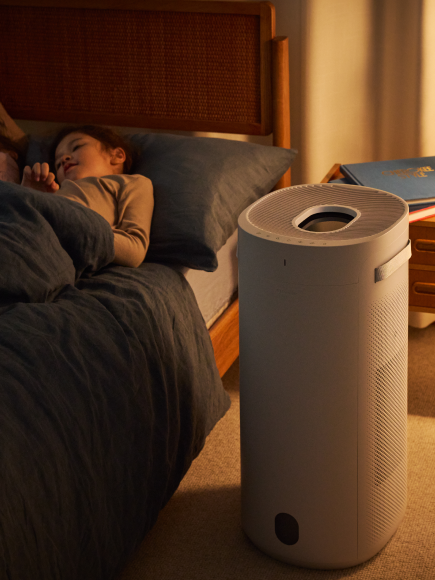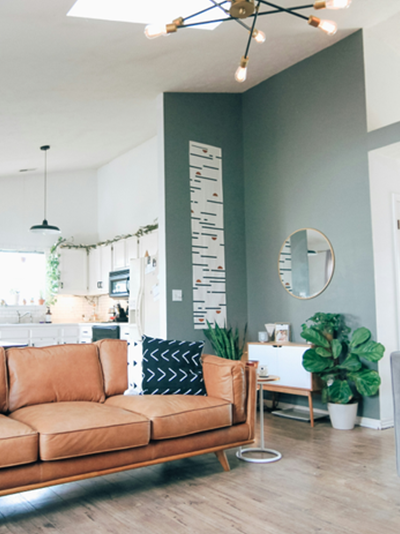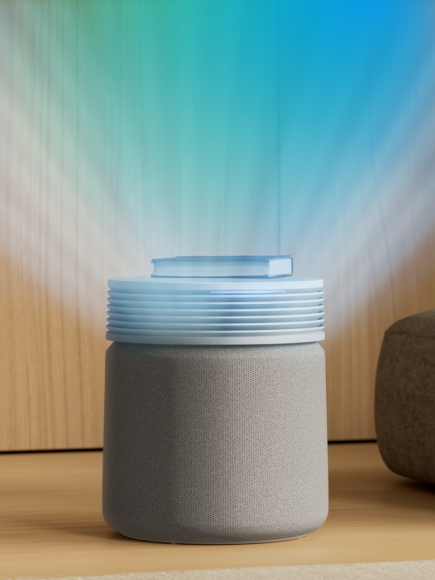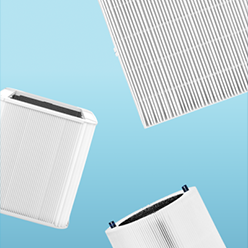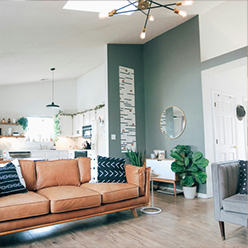-
If you’ve ever woken up feeling stuffy, groggy, or just as tired as when you went to bed (even after eight hours of sleep), your air quality might be to blame. We spend about a third of our lives sleeping, yet few of us think about how we breathe during those hours.
Recent research shows that cleaner air at night doesn’t just help you breathe easier, it can actually help you sleep better.
The following information explores just that: how air purifiers can improve sleep quality, what the data from Sleep.ai’s Alen study reveals, and how to create an environment that helps your body secure a deep rest every night.
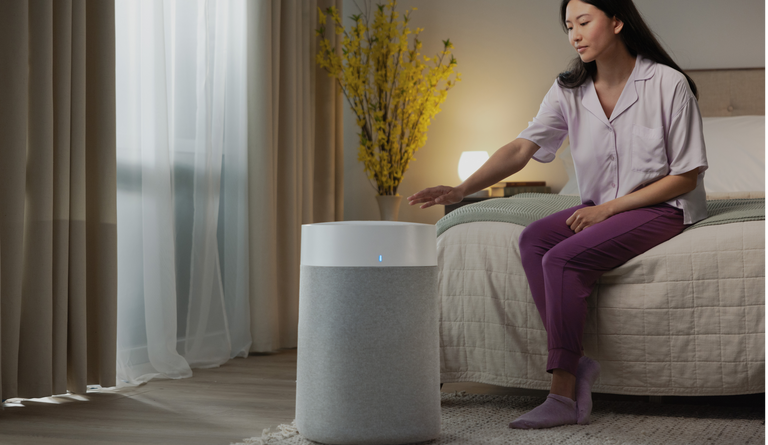
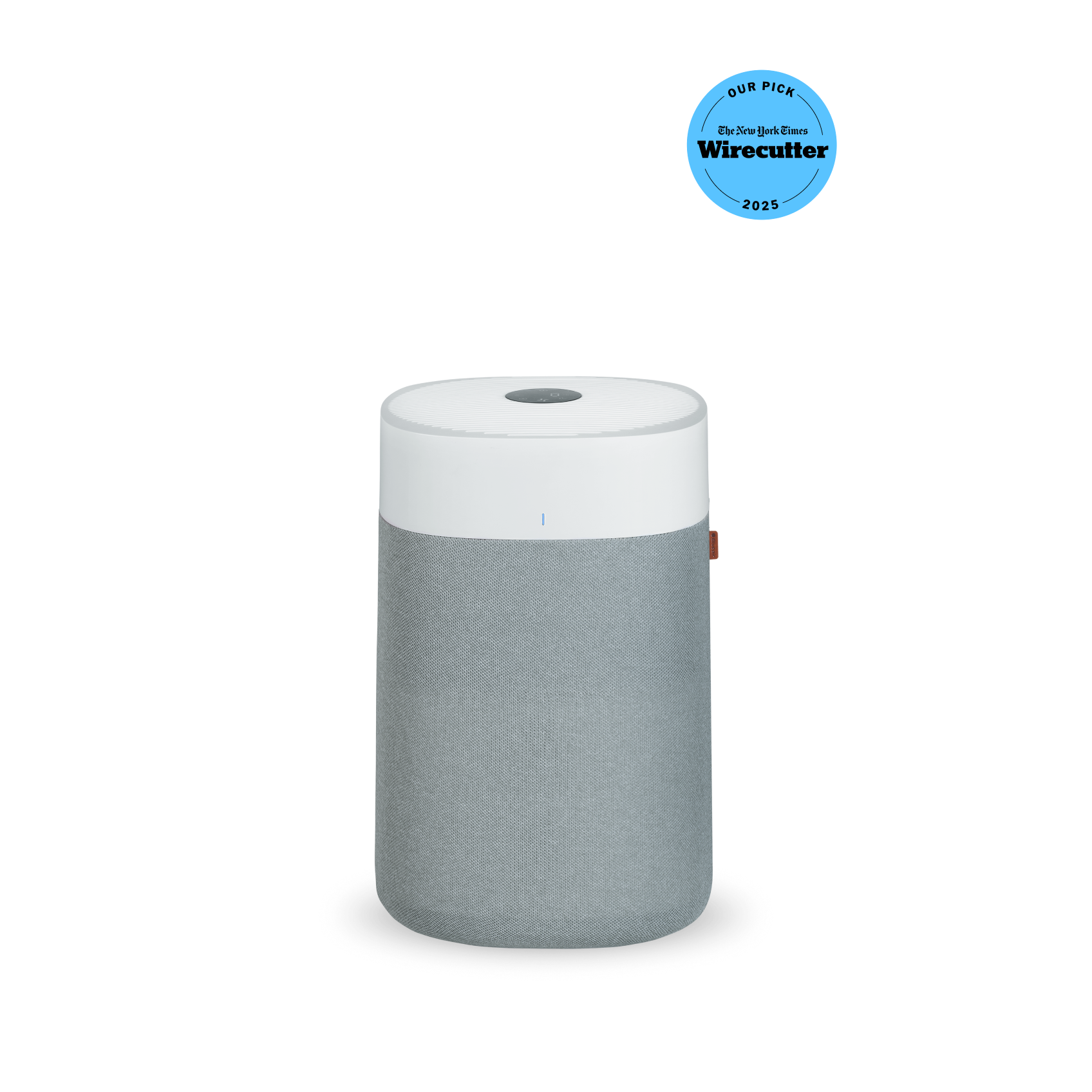
-
The Link Between Air Quality and Sleep
Poor indoor air can subtly sabotage your sleep. Dust, pet dander, mold spores, pollen, and even microscopic pollutants can irritate your airways, trigger low-level inflammation, and make it harder to breathe comfortably through the night. Even if you don’t have allergies, your body still reacts to these irritants — sometimes by disrupting your sleep cycles without you realizing it.
Cleaner air, on the other hand, can make your sleep environment calmer, quieter, and more restorative. Air purifiers, such as those in Blueair’s product line, can remove airborne particles as small as 0.1 microns, reducing congestion, sneezing, and sinus irritation. They also provide a gentle, consistent hum that acts like white noise, helping mask environmental sounds that might otherwise wake you
up.What Real-World Data Says: The Sleep.ai
One of the most compelling looks at this connection comes from a large, real-world study by SleepScore Labs (Sleep.ai) - Across more than 1,500 nights of sleep, researchers tracked how participants’ sleep patterns changed when using an air purifier in their bedrooms.
The results were striking: participants fell asleep about 30% faster on nights when an air purifier was running compared to nights without it. Many also reported waking up fewer times during the night and spending less time tossing and turning. Nearly half of participants said they felt more rested the next morning, and over 70% noticed the air in their rooms felt cleaner and more comfortable to breathe.
Interestingly, the biggest improvements were seen in those who already struggled with sleep quality. For people who typically had fragmented or restless nights, adding an air purifier led to noticeable gains in sleep continuity — meaning they stayed asleep longer once they drifted off and spent less time awake after initially falling asleep. In other words, cleaner air didn’t just make sleep feel better — it objectively helped people stay asleep.
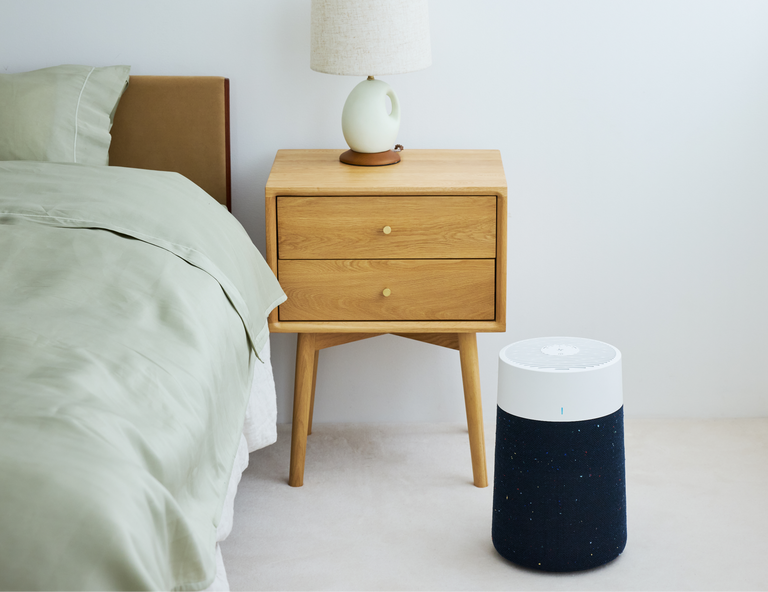
-
Why These Findings Matter
What makes the SleepScore Lab’s study so compelling is that it wasn’t conducted in a sterile lab. It happened in real bedrooms, with real people living normal lives. That means the improvements weren’t theoretical — they reflected the kind of sleep changes you might actually notice yourself.
Cleaner air appears to reduce subtle irritations that can fragment sleep, such as nasal congestion or airway dryness. It may also help the body maintain steadier oxygen flow and limit the small sleep disruptions that prevent deeper stages like REM and slow-wave sleep. The result? A smoother, more restorative night’s rest.
While air purifiers aren’t a singular magical solution — things like light exposure, temperature, and stress still matter — studies like this suggest they can play a surprisingly powerful supporting role in supporting your sleep health.
The Bottom Line
The data is clear: air purifiers can measurably improve sleep quality, helping you fall asleep faster, stay asleep longer, and wake up feeling more refreshed. The Sleep.ai / Alen study gives us rare real-world proof that cleaner air at night isn’t just good for your lungs — it’s good for your rest, too.
If you’ve optimized your mattress, pillow, and bedtime routine but still struggle with restless nights, consider taking a deeper breath… literally! A high-quality air purifier might be the quiet, invisible upgrade your sleep has been waiting for.

